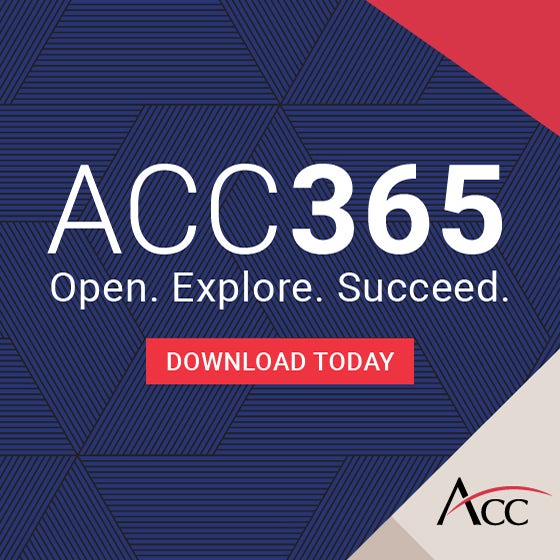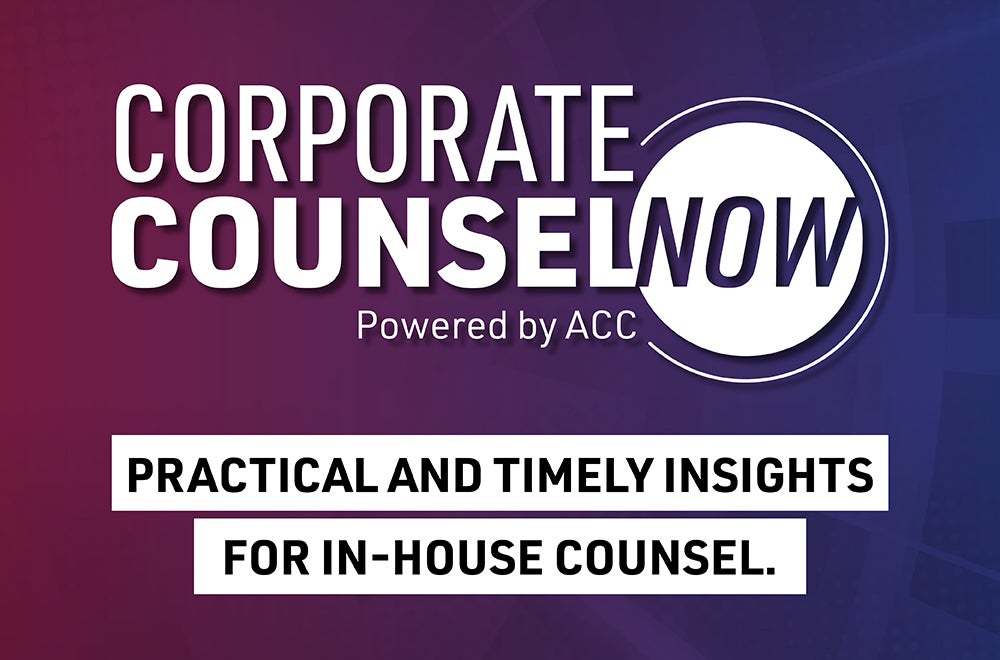The New South Wales Bar Association sees in-house counsel as a crucial participant in the evolving market for legal services. Between 2010 and 2016, the Law Society of NSW's 'NSW Profile of Solicitors' series has recorded that the corporate sector experienced the strongest increase in growth in the number of solicitors: 34% over that period, compared to 26% for private practice and 20% for government.
Today, in-house lawyers are not only playing a more assertive role in the traditional process of selection and briefing of barristers by law firms, but are increasingly driving change by briefing barristers directly at an early stage in the dispute resolution process. More and more, increasingly sophisticated in-house lawyers, often with several years of experience in private practice themselves, recognise that barristers can bring real insight and value for money to the table as commercial disputes emerge and develop. Numerous publications have noted steady growth in the practice of direct briefing by in-house counsel over the past 4 to 5 years.[i] But as more intractable disputes develop over time, this change in practice has not necessarily come at the expense of more traditional relationships between law firms and the barristers that they regularly instruct.
Recognising this change, the Bar Council has identified targeting the in-house community as a growing source of work for the independent Bar as a key objective for the Association in its Strategic Plan. The Association, assisted by its Practice Development Committee, has implemented a number of initiatives to further that objective: it has partnered with the Association of Corporate Counsel Australia (ACC) to increase opportunities for direct contact between in-house lawyers and barristers, in both a social and professional development setting through joint CPD opportunities and sponsorship of ACC events (including the ACC National Conference), and it has also promoted the publication of papers and articles by barristers on topics of interest to the in-house community in the ‘Australian Corporate Lawyer’ quarterly journal.
To assist in further developing relationships between in-house counsel and barristers, the Association has launched a ‘Direct Briefing Toolkit’ which can be found on its website.
The Toolkit is primarily (but not exclusively) intended to assist in-house lawyers to put together a brief to counsel.
The Toolkit includes:
- a guide to preparing ‘Observations’, to assist in-house lawyers to identify the issues that they want counsel to focus on and the particular questions they want answered;
- a sample index, to assist with determining what documents and information to include in the brief;
- guides on preparing useful tools such as chronologies of events that set out key dates, both in relation to the dispute and the conduct of proceedings – these tools can be used to bring your barrister up to speed with the detail of a dispute quickly and cost effectively; and
- a checklist to guide the instructor through the process and to help make sure that nothing is overlooked or forgotten.
'Electronic briefing' is also becoming increasingly popular as advances in technology make the 'paperless’ brief a practical reality in a much broader range of cases than previously. Most barristers are happy to accept, and in some cases prefer, paperless briefs (especially where the alternative involves a large volume of heavy folders spread throughout their rooms, leaving limited space for work and conferences with clients).
Options for electronic briefing vary. Preparation of an electronic brief can now be as simple as copying relevant documents to a USB stick or uploading them to a secure file sharing site, but many larger commercial clients and law firms prefer to use their own file sharing systems. Most barristers can today accommodate a full range of these options.
The Toolkit also includes some general guidance about the preparation of electronic briefs and how this can be done where there is a large volume of material to include in the brief. As is the case with a traditional hard copy brief, a barrister’s clerk is often the person best placed to advise about the advantages, practicalities and pitfalls of briefing electronically.
[i] ACC ‘Trends Survey’ 2018; ACLA Benchmarking Report 2014; Katie Walsh ‘Centuries-old profession modernising as barristers tout for company business’ AFR, 10 August 2017.


